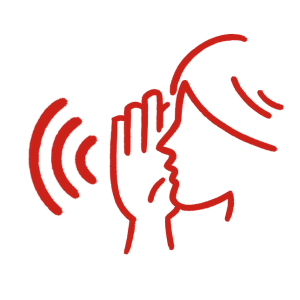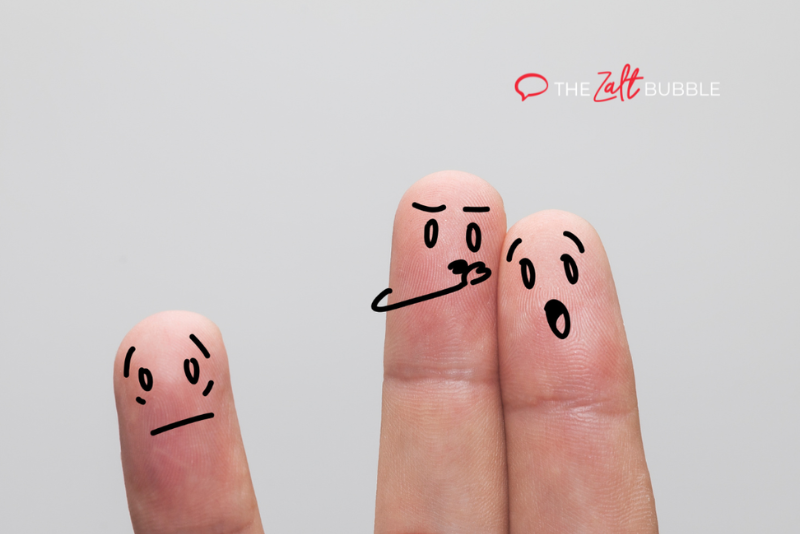Recently, we’ve seen an increased wave of gossip wreaking havoc across workplaces.

THE DARK SIDE OF GOSSIP – AKA THE VENTING PIT!

Then there’s the other kind – the whispered critique disguised as connection. Or speculative and condescending, framed as “concern”. Here’s one I heard recently… “She is so out of her depth. The team cover for her!” Or Envy or resentment about perceived favouritism “She’s only getting those projects because she knows how to suck up to X.” Or “I just need to vent, can you believe….”
This kind of gossip triggers the brain’s social pain network – the same circuitry that lights up during rejection. Prolonged exposure raises cortisol, drains focus, and corrodes psychological safety. Once people stop feeling safe to speak, silence takes over, and with it, disengagement.
What many people miss is that gossip doesn’t just travel outward…it ricochets! The person telling it and the person hearing it both absorb a quiet cost: a dip in trust, a spike in stress, and the uneasy sense that they might be next. Research (for example, Frontiers in Psychology) shows that gossip activates the brain’s social pain network, increasing stress and lowering empathy. Even though, in the moment, it may feel good to those participating.
How to Tell the Difference Between Light and Dark Gossip

It all comes down to motivation, tone, and impact. So words are morally neutral communication but we supply the ethics through our intention and delivery!
4 simple questions sift it out
- Would I say this if the person were here?
- Does this build or break trust?
- Do I feel lighter or smaller after saying it?
- Am I sharing it for positive purpose? For example, I need some advice on how to handle something that’s annoying me.
It’s constructive if the motivation is connection, the tone is respectful, and the impact is clarifying or encouraging. It’s corrosive if the motivation is ego, the tone is mocking, and the impact is division or secretive.
Be Deliberate with Gossip. Here’s What To Do:
Gossip will happen: it’s part of how humans connect and make sense of each other. The opportunity lies in being deliberate about it. Ask yourself: What role is gossip playing in our relationships and our culture?
Here are ways to make it helpful, not harmful:
- Keep respect on repeat. Talk about people as if they were right there – because culture-wise, they always are.
- Check the vibe and name it early. When conversation drifts into judgment or secrecy, pause and reset. “Hey, I think we’re guessing a bit here… should we just check that?”. Or if a conversation leaves that “ugh” feeling, it probably crossed a line. Pull back, reset, or change the subject.
- Fill the blanks before the rumours do. Most gossip grows in silence. Share what you can – facts, context, updates, etc, so people don’t have to make it up.
- Turn venting into problem-solving. Ask, “What would help you address that with them?” instead of marinating in frustration. Ask the person how you can help. If they say they just want to tell you be careful not to become a venting pit
- Spread the good stuff. Find genuine positive things – big and small – amplify stories of teamwork, effort, and integrity.
- Mind your aftertaste. If a conversation leaves you feeling uneasy, it probably crossed a line. Step back, reset, and model the tone you want echoed.
- Rehearse respect. Speak about others as if they were in the room… because in culture terms, they always are.
Gossip is Data!
What people talk about when no one’s watching tells you everything about your culture!

THE STORY YOUR PEOPLE SHARE WHEN YOU’RE NOT IN THE ROOM IS YOUR CULTURE! SO, NEXT TIME SOMEONE SAYS, “DID YOU HEAR….?” DECIDE WHAT KIND OF CULTURE YOU’RE ABOUT TO CREATE!



